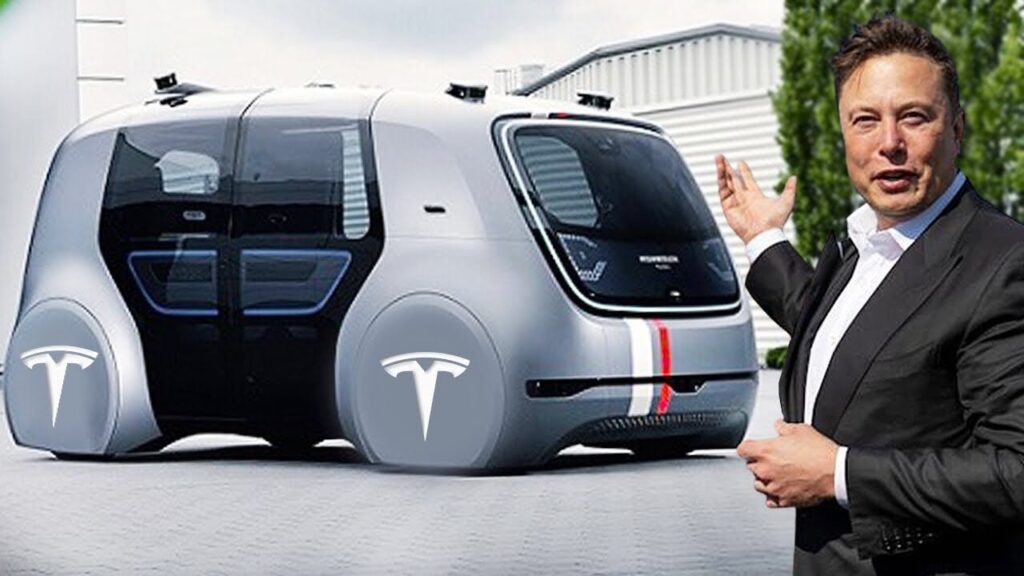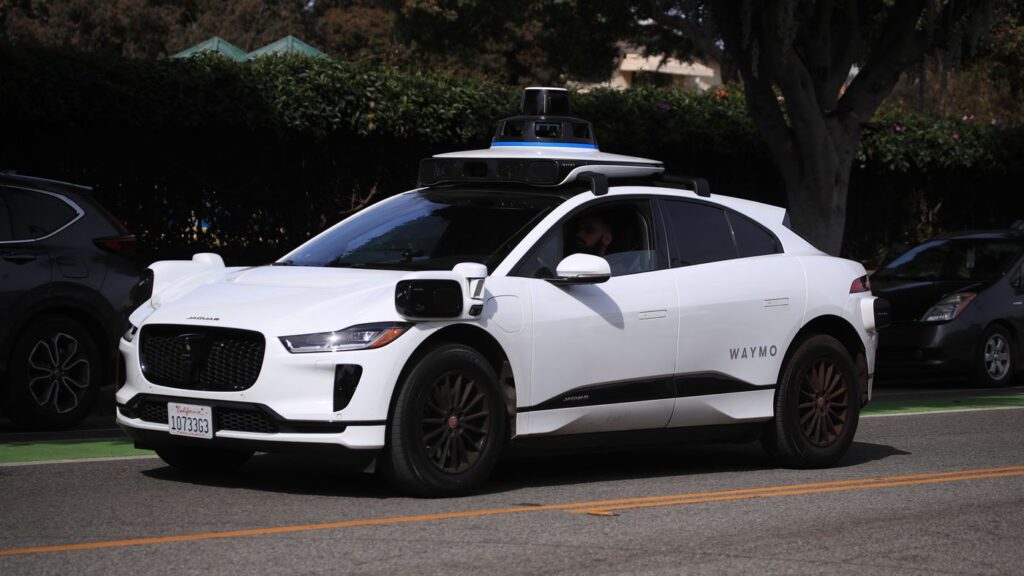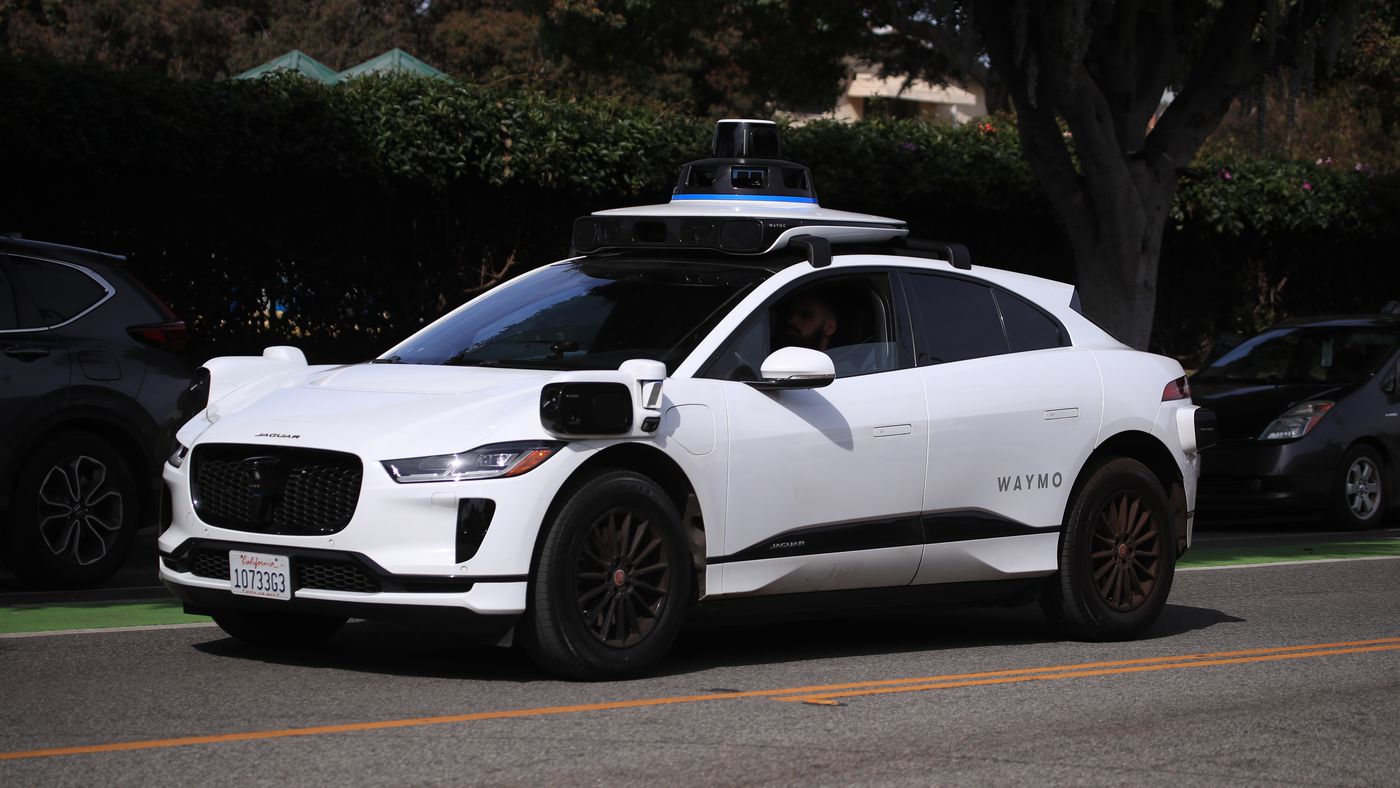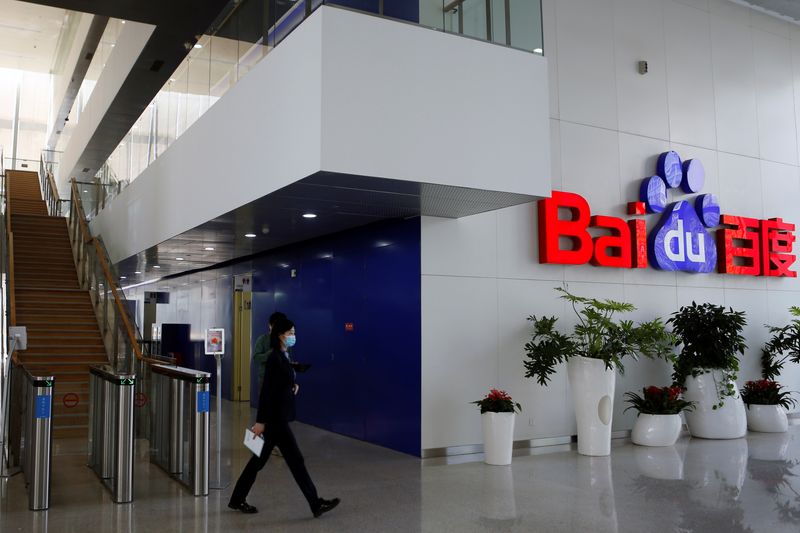Tesla Sets Sights on Future Mobility with Robotaxi Unveil in August 2024
In an announcement that has caused a stir in the automotive and tech industries, Elon Musk revealed that Tesla is on track to unveil its highly anticipated robotaxi in August 2024. This bold move signals Tesla’s entry into the autonomous ride-sharing market, a sector that is expected to undergo significant transformation with the advent of self-driving technologies.
A Glimpse into the Future of Transportation
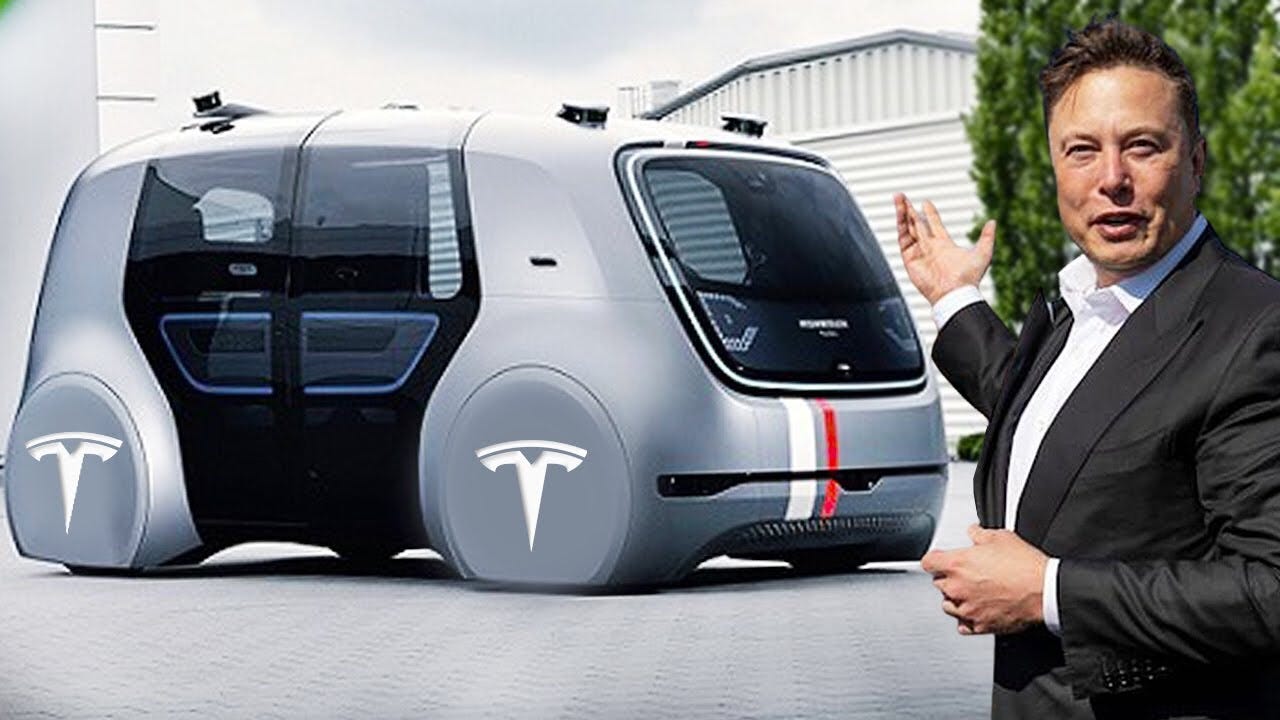
Image Source: techovedas.com
During a recent tech conference, Tesla’s visionary CEO Musk shared insights on what the future of urban mobility could look like. He emphasized the role of autonomous vehicles in reducing traffic congestion, reducing transportation costs, and improving environmental sustainability. According to Musk, Tesla Robotaxi is not just a new product but a step towards realizing this future.
What to Expect from Tesla's Robotaxi
Although specific details about the robotaxi’s features and capabilities are still under wraps, expectations are high. Industry analysts predict the vehicle will showcase advanced autonomous driving technology, electrical efficiency, and innovative user interfaces designed for both riders and operators. The introduction of Tesla’s robotaxi is expected to set new benchmarks for safety, reliability and user experience in the autonomous ride-sharing sector.
The Road to Autonomy
Tesla’s journey towards developing a fully autonomous vehicle has been marked by both achievements and challenges. The company’s Autopilot system, a semi-autonomous driving assistant, has been a key step in gathering the vast amounts of data needed to train AI for full self-driving capabilities. Musk’s announcement shows that Tesla is confident in overcoming the remaining hurdles to achieve Level 5 autonomy, where no human intervention is required.
Impact on the Ride-Sharing and Automotive Industries
The launch of Tesla’s robotaxi is expected to disrupt the existing ride-sharing ecosystem dominated by companies like Uber and Lyft by offering cost-effective and eco-friendly alternatives. Additionally, Tesla’s entry into this market could accelerate the adoption of autonomous vehicles throughout the industry, prompting traditional automakers and tech companies to rapidly complete their autonomous projects.
Conclusion
Elon Musk’s announcement of the unveiling of Tesla’s robotaxi in August 2024 has fueled excitement and speculation about the future of transportation. As the date approaches, all eyes will be on Tesla as it aims to redefine mobility and assert its leadership in the era of autonomous driving. With the promise of revolutionizing how we move around within our cities, Tesla’s robotaxi could be the first glimpse of a new, more sustainable method of urban transportation.
